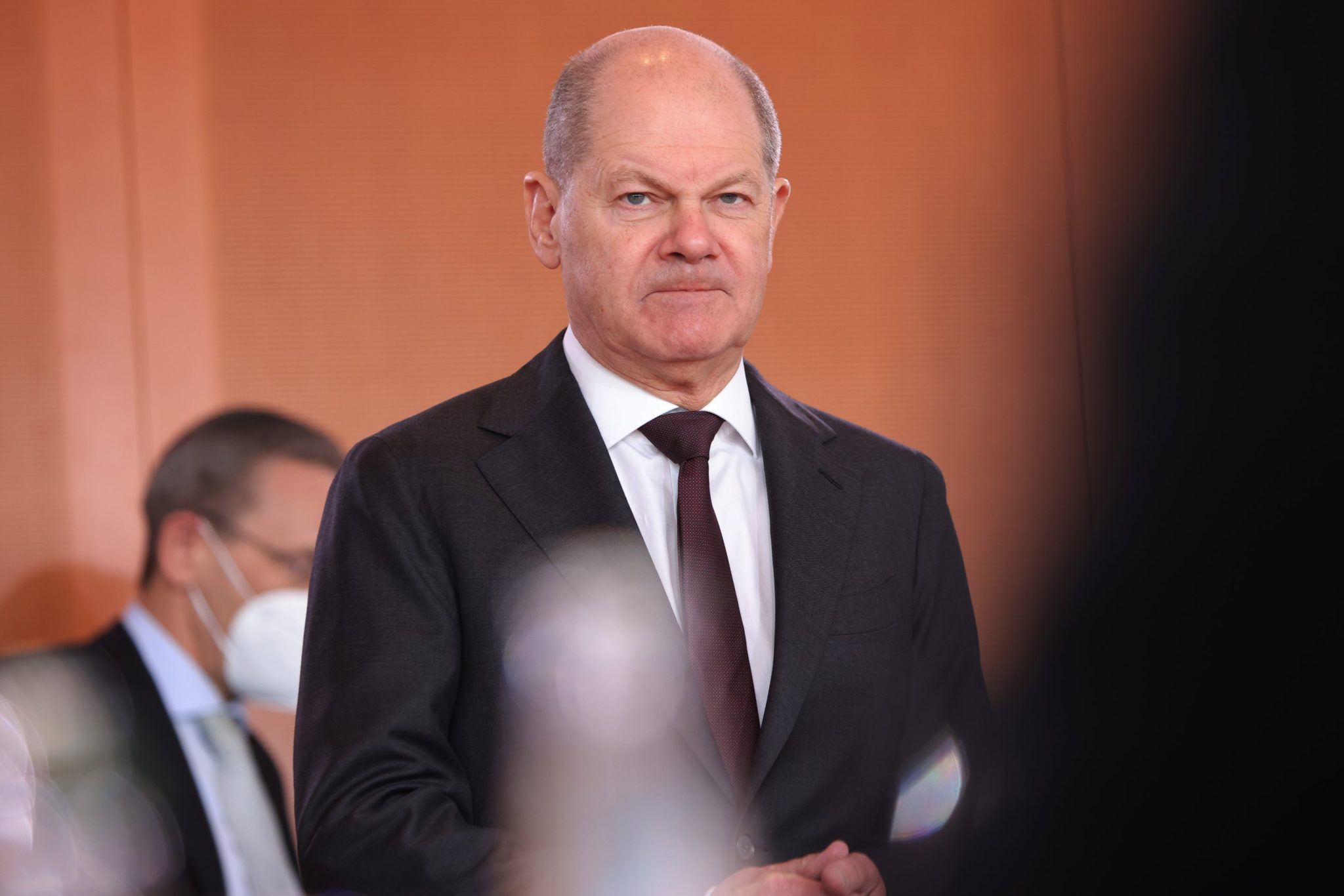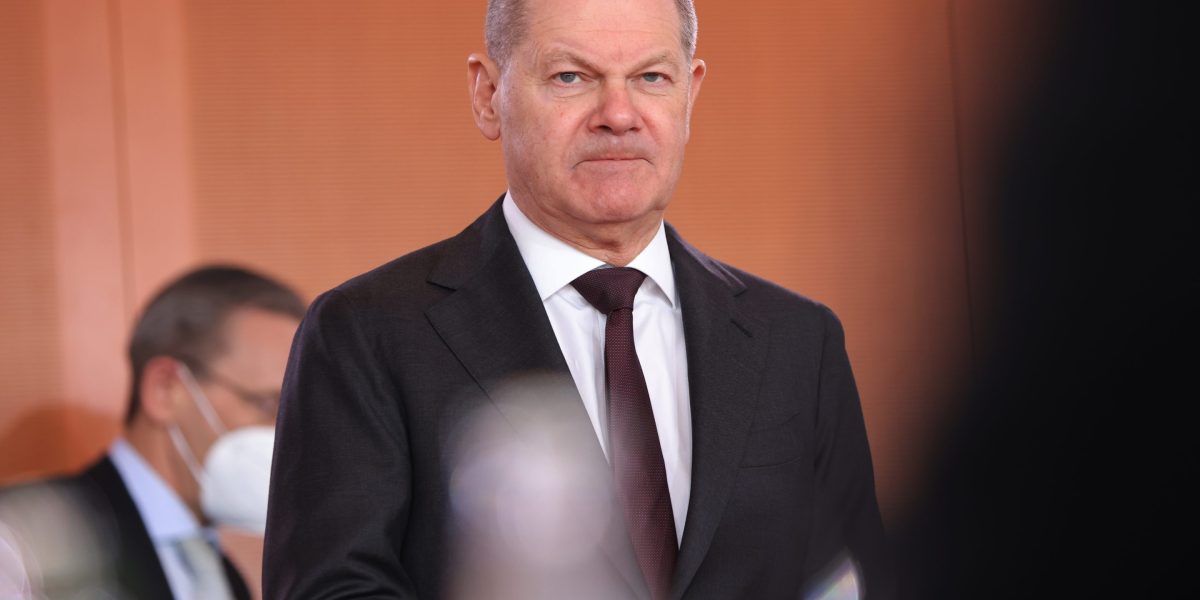
Germany’s far-right party has seen its popularity soar more than ever before just as the country’s elections are around the corner.
That doesn’t bode well for the ruling coalition led by Chancellor Olaf Scholz—or the European single economy. The Alternative for Germany (or AfD) party considers the EU a “failed project” and advocates for a “Dexit” if it’s voted into power.
Scholz has been vocal about wanting Germany to remain in the bloc, but says that doesn’t mean the EU doesn’t need reforms. The EU has been open to new candidate nations to join it, but the German chancellor believes it needs to revisit its rules before accepting new members, such as from the Balkans.
“A EU with 32 or 35 members cannot work with the rules crafted for a smaller union,” Scholz said Saturday during a Party of European Socialists meeting in Bucharest, Bloomberg reported. “Strengthening Europe as a geopolitical actor also means making better use of one of the strongest instruments of our foreign policy – our enlargement policy.”
The EU has been criticized for some of its policies that call for unanimity among all member countries on key decisions, resulting in gridlock and delayed action. The EU Commission is working on tweaking those rules ahead of parliamentary elections in June.
Scholz said that a plan to achieve new reforms would be adopted “by the summer.”
Scholz’s comments echo what he said last year at the European Parliament when he called for an “enlarged and reformed” EU for a secure future, given the growing geopolitical uncertainties.
On his home turf, the German chancellor has been facing competition from the AfD party which has slowly gained ground as the second-largest party in the nation. Frustrations linked to COVID-19, immigration, war in Europe and a recent German budgetary crisis have expanded AfD’s support base. It was formed in 2013, shortly after the global financial crisis that roiled Germany, and has held eurosceptic views since.
During Scholz’s address on Saturday, he also warned that right-wing populism threatened the idea of a “united Europe.” The EU’s most effective answer to this would be by acting together to get things done.
If the AfD were to come into power, it could shift how the party approaches its relationship with the EU. The party’s leader Alice Weidel told the Financial Times in January that AfD considers Brexit a model for Germany and would hold a referendum for a potential Dexit.
But Scholz has slammed the idea, arguing that it would be the “biggest destroyer of wealth that could ever happen to Europe and Germany.” The country happens to be Europe’s largest economy, and Scholz conceded that it has benefited from being part of the bloc.
Prominent business leaders have spoken out about AfD’s rise being a potential threat to Germany that could result in its “economic decline.”

